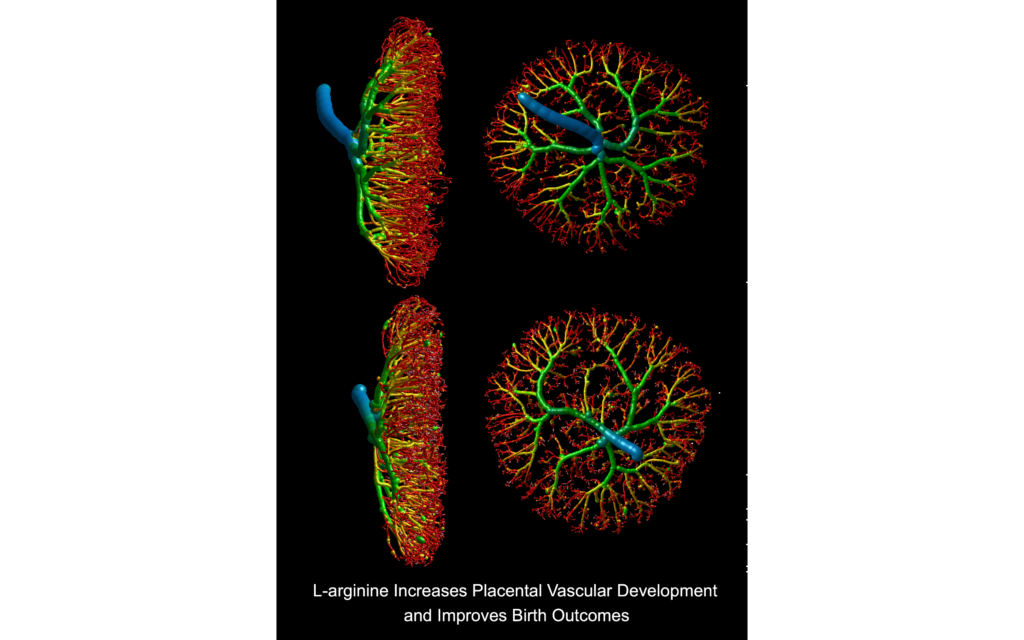
Grant Investigators: Heather Youngs and Chris Somerville
This page was reviewed but not written by the grant investigators. University Health Network staff also reviewed this page prior to publication.
Open Philanthropy recommended a grant of $1,228,000 to the University Health Network, a Canadian research center affiliated with the University of Toronto, to continue a randomized controlled trial investigating the efficacy of L-arginine supplementation to reduce preterm birth and examine the impact of COVID-19 co-infection on risk of poor birth outcomes. The research will be led by Kevin Kain and Chloe McDonald.
Preterm birth is a leading cause of global under-five mortality, resulting in over 1 million deaths each year. Pregnant women living in sub-Saharan Africa and southeast Asia face high rates of poor birth outcomes as a result of multiple risk factors, including protein-deficient diets and a high burden of diseases, including malaria, anemia, HIV, and potentially COVID-19.
This clinical trial will compare the current standard of care for expectant mothers in Kenya, which includes dietary supplementation of iron and folic acid, to the same standard of care with the addition of the amino acid L-arginine, an essential nutrient in pregnancy that contributes to healthy placental development. The expanded study will examine if COVID-19 increases the risk of poor birth outcomes (e.g. preterm birth), in women with co-infections common in low- and middle-income countries (e.g. malaria, HIV-1), and if interventions (e.g. L-arginine) will improve placental function and reduce preterm birth.
This follows our February 2019 support. It falls within our interest in scientific research, specifically within our interest in human health and wellbeing.
